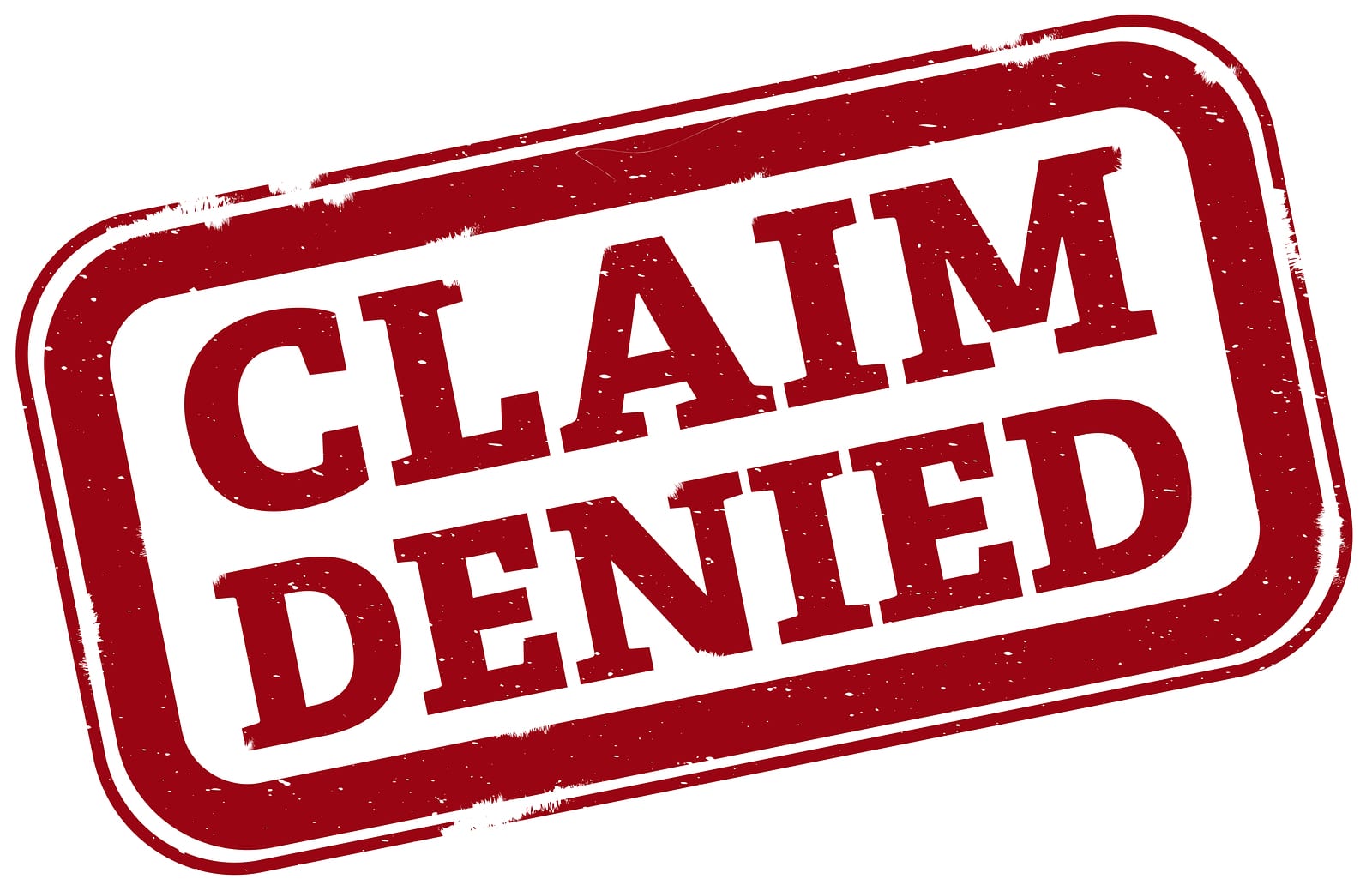Under current California Law a driver is required to carry minimum liability coverage of $15,000/$30,000. Liability coverage provides an insured party with protection against claims resulting from injuries and damage to people or property.
What is Proposition 213?
Proposition 213 was entitled “The Personal Responsibility Act of 1996” when passed through the California State legislature and was a cost saving measure for insurance companies. Under California’s Proposition 213, a driver or owner of a vehicle that is not covered under insurance is prevented from recovering non-economic damages (including pain and suffering, physical impairment, disfigurement, inconvenience, and emotional or mental distress) even if the accident wasn’t their fault. Proposition 213 was codified under California Civil Code Section 3333.4, which states as follows:
(a) Except as provided in subdivision (c), in any action to recover damages arising out of the operation or use of a motor vehicle, a person shall not recover non-economic losses to compensate for pain, suffering, inconvenience, physical impairment, disfigurement, and other nonpecuniary damages if any of the following applies:
(1) The injured person was at the time of the accident operating the vehicle in violation of Section 23152 or 23153 of the Vehicle Code, and was convicted of that offense.
(2) The injured person was the owner of a vehicle involved in the accident and the vehicle was not insured as required by the financial responsibility laws of this state.
(3) The injured person was the operator of a vehicle involved in the accident and the operator can not establish his or her financial responsibility as required by the financial responsibility laws of this state.
A real-life practical example of this situation would be as follows:
Driver A purchases a used vehicle off of Craigslist and drivers it around for a few weeks without obtaining any automobile insurance. While driving in West Hills, California, he is rear-ended by Driver B and his vehicle is totaled. Driver B has automobile insurance. Driver A is taken to the hospital and undergoes a few weeks of chiropractic care and physical therapy. His medical bills total $5,000 and he lost $2,000 in wages from work, but is fully recovered. He asks the insurance company for $20,000 total. (to account for $13,000 in pain and suffering) The insurance company only offers $7,000 because Driver A is not entitled to pain and suffering because of Proposition 213.
If I Have No Insurance Can I Recover Property Damage and Medical Bills?
Even if you were uninsured at the time of an accident, you are still entitled to recover all of your economic damages. This includes repair/rental of your vehicle, medical expenses, lost wages and more. Just because you were driving without insurance does not mean that an injury claim can’t be made, and that a claim can’t be profitable for you. There is no limitation on a recovery of future medical bills or future loss of earnings under Proposition 213.
Are There Any Exceptions?
There are plenty of exceptions to Proposition 213 that you may be covered under.
- If you were driving for work at the time of the accident, even if the vehicle was uninsured, Proposition 213 likely does not apply.
- If the vehicle you driving is uninsured, but you had insurance on another vehicle, Proposition 213 may not apply.
To determine whether or not Proposition 213 applies to your case or whether or not you should pursue a claim, call the team of trial lawyers at M.R. Parker Law at 818-334-5711 to schedule a free consultation.



